



If you ever find yourself wandering through Hungary,make sure Tokaj is on your list—it’s one of those places that wraps you in a gentle,timeless embrace the moment you arrive. The town feels like a quiet conversation between history and nature,where rolling vineyards stretch as far as the eye can see,their golden grapes basking in the soft sunlight. Walking through the cobblestone streets,you’ll hear the soft clink of glasses from cozy wine cellars tucked beneath centuries-old buildings,and the air carries a subtle sweetness,a mix of ripe fruit and oak barrels aging patiently underground. Tokaj’s charm isn’t just in its famous wine—though,trust me,the Tokaji Aszú is worth every sip—but in the way the locals live with a deep respect for tradition and the land. You’ll find yourself lingering over a glass of wine at a rustic tavern,chatting with winemakers who speak passionately about their craft,or wandering through the vineyards as the sun dips low,painting the sky in shades of amber and rose. The town’s pace is unhurried,inviting you to slow down and savor the moment. Beyond the vineyards,there’s a warmth in the people and the culture that feels genuine and welcoming. Whether you’re exploring the quaint streets,tasting local dishes that pair perfectly with the wines,or simply soaking in the peaceful countryside views,Tokaj leaves you with a sense of connection—to the land,the history,and the simple joys of life. It’s a place that stays with you long after you’ve left.
The information on this page is currently being reviewed by Tripkliq and should be used as a guide only
Eng word: Hello
Eng pronunciation: See-ya
Local language: Szia
Eng word: Goodbye
Eng pronunciation: Vees-laht
Local language: Viszlát
Eng word: Thank you
Eng pronunciation: Kuh-suh-nuhm
Local language: Köszönöm
Eng word: How much
Eng pronunciation: Men-yee-beh keh-rool
Local language: Mennyibe kerül
Eng word: Toilet
Eng pronunciation: Vay-tsay
Local language: WC
Eng word: Help me
Eng pronunciation: Sheg-eet-sheg
Local language: Segítség
Eng word: Yes
Eng pronunciation: Ee-gen
Local language: Igen
Eng word: No
Eng pronunciation: Nem
Local language: Nem
Eng word: Excuse me
Eng pronunciation: El-ney-zesht
Local language: Elnézést
Tokaj is world-renowned as the birthplace of Tokaji Aszú, one of the oldest and most prestigious dessert wines in the world. The unique climate and volcanic soil of the region make it ideal for producing this 'wine of kings and king of wines,' as it was famously called by Louis XIV of France.
The Tokaj Wine Region was designated a UNESCO World Heritage Site in 2002 for its cultural landscape and centuries-old winemaking traditions. Visitors can explore the historic vineyards and cellars that have shaped the region's identity.
Tokaj is home to a network of ancient wine cellars, some of which date back to the 15th century. These cellars, carved into volcanic rock, provide the perfect conditions for aging the region's famous wines.
The Rákóczi Cellar, located in the heart of Tokaj, is one of the most famous wine cellars in Hungary. It was named after the Rákóczi family, a prominent noble family, and has hosted many important historical events, including royal banquets.
Tokaj is part of the Tokaj-Hegyalja wine region, which has been producing wine for over 1,000 years. The region's winemaking traditions have been passed down through generations, making it a must-visit destination for wine enthusiasts.
The confluence of the Tisza and Bodrog rivers near Tokaj creates a unique microclimate that is essential for the development of the noble rot (Botrytis cinerea) used in making Tokaji Aszú wine. This natural phenomenon is a key part of the region's winemaking heritage.
Every year, Tokaj hosts the Tokaj Wine Festival, a celebration of the region's rich winemaking history. Visitors can enjoy wine tastings, traditional Hungarian music, and local cuisine while exploring the charming streets of the city.
Although only ruins remain today, the Tokaj Castle once stood as a significant fortification in the region. It played a key role in protecting the area during the medieval period and offers a glimpse into Tokaj's strategic importance in history.
Ferenc Rákóczi II, a Hungarian national hero and leader of the War of Independence against the Habsburgs, had strong ties to the Tokaj region. His legacy is celebrated in the area, and his influence is a source of pride for locals.
In Tokaj, the most common Power Adaptor is Type C, Type F.


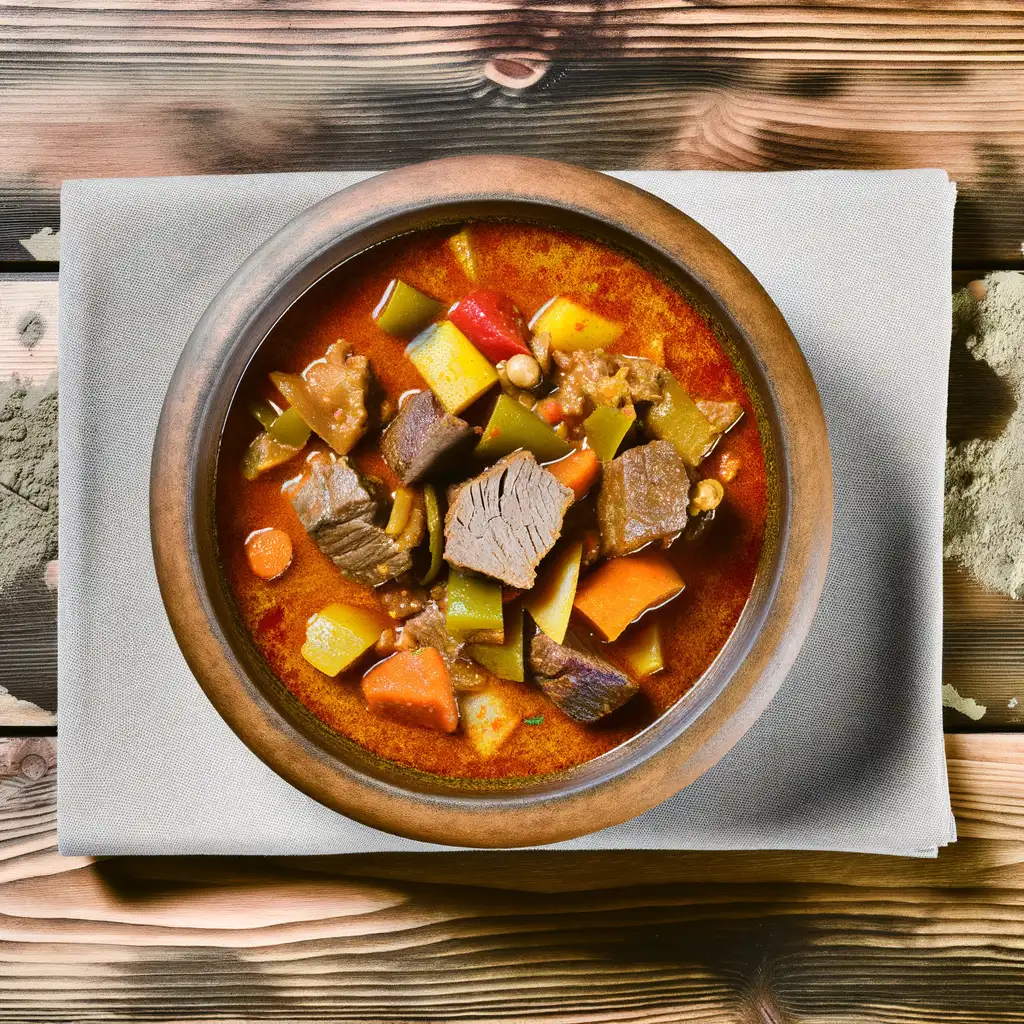
A traditional Hungarian stew made with beef, vegetables, and paprika, often served with bread.
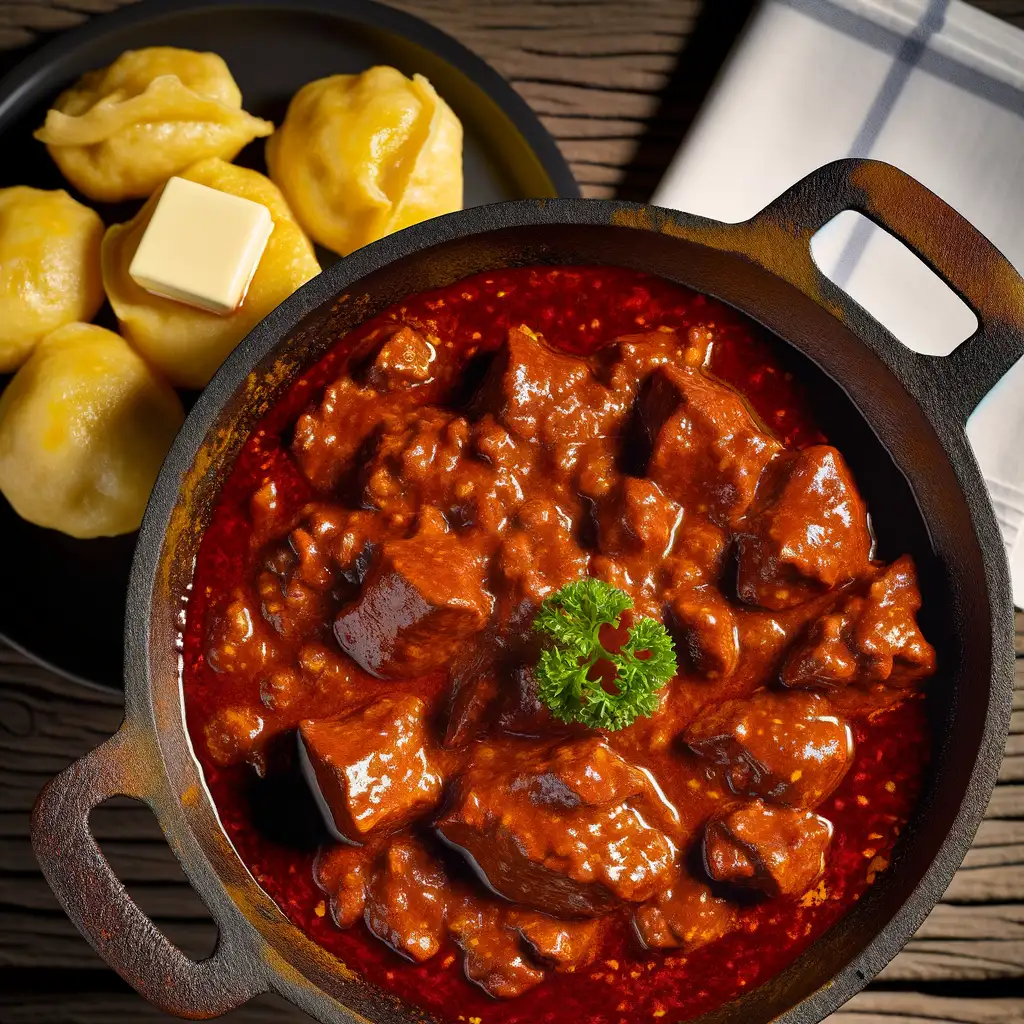
A hearty meat stew, usually made with beef or pork, seasoned with paprika and served with dumplings or bread.
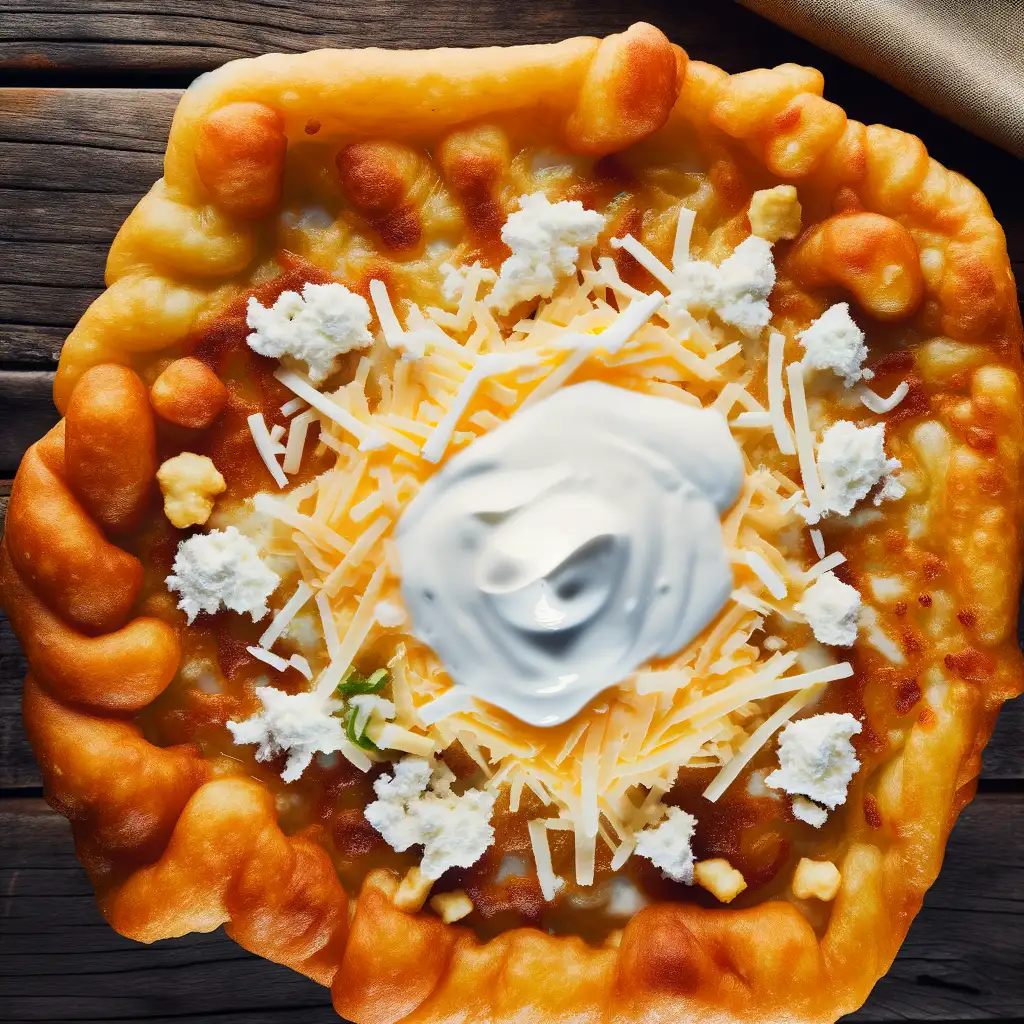
A deep-fried flatbread, often topped with sour cream and cheese, popular as a street food snack.
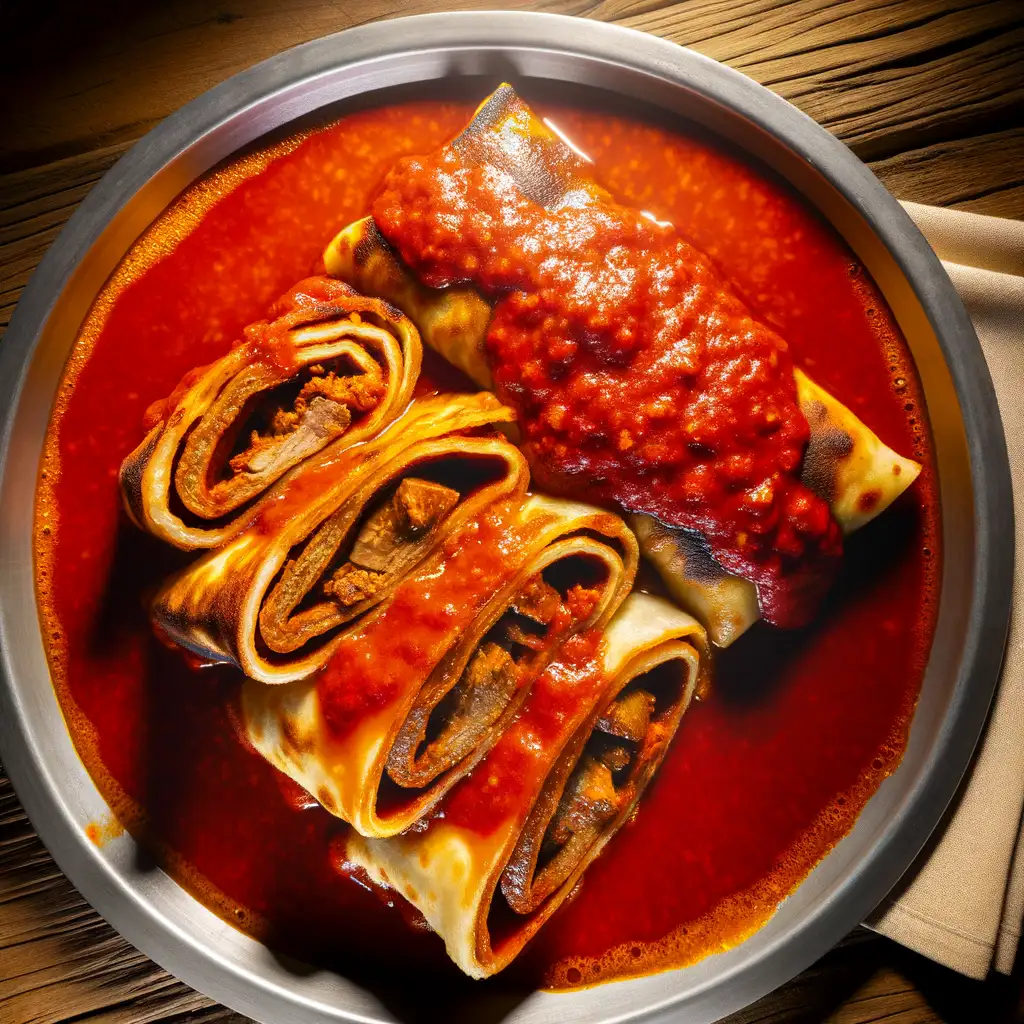
Savory pancakes filled with meat, typically served with a rich sauce, a popular dish in the region.
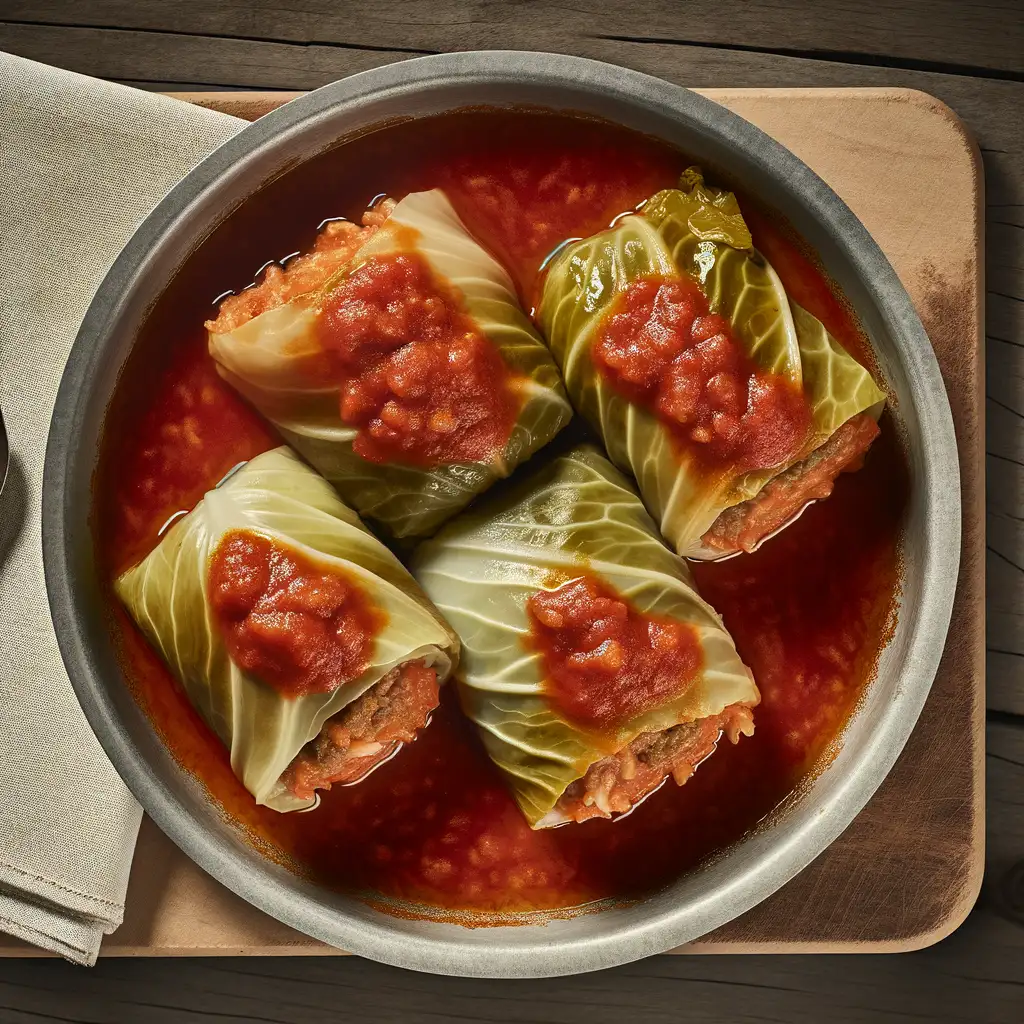
Stuffed cabbage rolls filled with a mixture of meat and rice, cooked in a savory tomato sauce.

Budapest feels like stepping into a storybook where history and modern life dance together effortlessly. The moment you stroll along the Danube River,with the majestic Parliament building glowing in the evening light,you sense a city that’s both grand and inviting. There’s a rhythm here—street musicians playing haunting melodies,the clinking of glasses in cozy ruin pubs,and the gentle splash of thermal baths that have been soothing locals for centuries. It’s a place where every corner whispers tales of empires past,yet pulses with youthful energy.
Wandering through the cobbled streets of the Castle District,you catch the scent of fresh pastries mingling with the earthy aroma of old stone walls. The vibrant markets buzz with vendors selling paprika,fresh bread,and sweet chimney cakes,tempting you to taste the rich flavors of Hungarian cuisine. Budapest’s character shines brightest in its contrasts:the elegant Art Nouveau cafés sit side by side with edgy street art,and the grand boulevards lead you to intimate courtyards where locals sip coffee and chat animatedly.
What makes Budapest truly unforgettable is how it wraps you in warmth—whether it’s the steamy embrace of a thermal bath on a chilly day or the friendly chatter in a bustling café. It’s a city that invites you to slow down,savor every moment,and discover stories hidden in its architecture,food,and people. Trust me,once you’ve felt Budapest’s pulse,you’ll carry a piece of it with you long after you leave.
Vienna feels like stepping into a living storybook where every street hums with history and charm. The moment you wander through its grand boulevards,you’re wrapped in a warm embrace of baroque architecture,cozy coffeehouses,and the gentle melodies of street musicians playing waltzes nearby. There’s a rhythm to the city — elegant yet inviting — where the past and present dance together effortlessly.
As you stroll along the Danube or through the lush gardens of Schönbrunn Palace,you catch the scent of freshly baked strudel mingling with the earthy aroma of roasted coffee beans from a nearby café. The city’s café culture is something special; sitting down with a slice of Sachertorte and a strong Viennese coffee feels like a small,delicious ritual. You’ll hear the soft clink of porcelain cups and the murmur of locals deep in conversation,making you feel instantly at home.
Vienna’s character is a blend of refined artistry and genuine warmth. It’s a place where grand opera houses and modern galleries coexist,and where the locals’ pride in their musical heritage is palpable. Whether you’re exploring the vibrant Naschmarkt with its colorful stalls or catching a live performance in a centuries-old concert hall,Vienna invites you to slow down,savor the moment,and soak in its timeless elegance.
If you find yourself wandering through Okres Bratislava II,you’ll quickly notice a unique blend of old-world charm and modern energy humming in the air. It’s the kind of place where leafy streets invite you to slow down,while cozy cafés spill the rich aroma of freshly brewed coffee onto the sidewalks. The vibe here is relaxed but alive,like the city is quietly inviting you to explore its layers at your own pace. You might catch the distant laughter of locals chatting in Slovak,mixed with the occasional clink of glasses from a nearby wine bar,creating a soundtrack that feels both intimate and vibrant.
Walking through the neighborhoods,you’ll see a fascinating mix of architecture—from elegant Art Nouveau buildings to sleek,contemporary designs—each telling a story of Bratislava’s evolving character. The parks are lush and inviting,perfect for a lazy afternoon picnic or a peaceful moment watching the world go by. And if you’re a foodie,you’re in for a treat:local markets burst with fresh produce,and small bistros serve up traditional Slovak dishes with a modern twist,filling the air with the comforting scent of paprika and fresh herbs.
What really makes Okres Bratislava II stand out is its warm,welcoming spirit. It’s a place where you can feel the pulse of everyday life—families strolling,artists sketching in the sun,and friends gathering for an evening of music and laughter. Visiting here isn’t just about seeing a new place; it’s about feeling connected to a community that’s quietly proud of its roots and excited about its future.
Prague feels like stepping into a storybook where every corner hums with history and charm. The moment you wander onto the cobblestone streets of the Old Town,you’re wrapped in a warm,timeless embrace. The air carries a mix of fresh-baked pastries and rich coffee from cozy cafés,mingling with the faint scent of aged wood and stone from centuries-old buildings. As you stroll across the iconic Charles Bridge,the soft murmur of the Vltava River below blends with the distant melodies of street musicians,creating a soundtrack that’s both lively and soothing.
What’s truly captivating about Prague is its effortless blend of old and new. Gothic spires and baroque facades stand proudly alongside vibrant street art and bustling markets. The city pulses with a creative energy,from the quirky art galleries tucked away in narrow alleys to the lively beer gardens where locals and travelers clink glasses over hearty Czech fare. There’s a genuine warmth in the way people share their culture,whether it’s through a friendly chat in a pub or an invitation to a traditional music performance.
At night,Prague transforms into a magical place where the city lights dance on the river’s surface and the aroma of roasted chestnuts fills the air. It’s a city that invites you to slow down,savor every moment,and get lost in its stories. Trust me,once you’ve experienced Prague’s unique rhythm and soul,it stays with you long after you’ve left.
Imagine wandering through a city where the old world gently brushes against the new,and every corner hums with a quiet,inviting energy—that’s Zagreb. From the moment you step into its cobbled streets,you’re wrapped in a warm,lived-in charm. The air carries the scent of fresh coffee mingling with blooming linden trees,while the distant chatter from open-air cafés spills into the streets,inviting you to slow down and savor the moment. Zagreb doesn’t shout for attention; it welcomes you like an old friend,with a smile and a story.
The city’s character is a delightful blend of Austro-Hungarian elegance and vibrant Croatian spirit. Strolling through the Upper Town,you’ll catch glimpses of medieval towers and baroque facades,while the Lower Town buzzes with modern life—art galleries,quirky boutiques,and lively markets where you can taste local cheeses,honey,and the unmistakable sweetness of fresh figs. Music often drifts from street performers,adding a soundtrack to your exploration that feels both spontaneous and soulful.
What makes Zagreb truly special is its rhythm—unhurried yet alive. Whether you’re sipping a glass of robust Croatian wine in a cozy tavern or watching the sunset paint the rooftops in shades of gold and rose,there’s a sense of belonging here. It’s a city that invites you to not just see it,but to feel it,to become part of its story,even if just for a little while.
If you wander into Belgrade,you’ll immediately feel its pulse—a lively mix of old-world charm and raw,youthful energy. The city hums with life,especially along the banks of the Danube and Sava rivers,where locals gather at quirky cafés and buzzing bars that spill out onto cobblestone streets. There’s a certain warmth in the air,a blend of roasted coffee,fresh pastries,and the faint,smoky aroma of grilled meats from nearby street vendors. It’s a place where history and modernity collide,with imposing fortress walls standing guard over vibrant street art and sleek,contemporary galleries.
Walking through Belgrade’s neighborhoods,you’ll hear a medley of languages and laughter,the clinking of glasses,and the occasional street musician strumming a guitar. The city’s character is unapologetically bold—Serbs are fiercely proud yet incredibly welcoming,eager to share stories over a glass of rakija or a hearty plate of ćevapi. The markets brim with fresh produce and homemade cheeses,inviting you to taste the authentic flavors of the region.
What makes Belgrade truly unforgettable is its spirit of resilience and celebration. Whether you’re exploring the bohemian district of Skadarlija with its lively taverns or watching the sunset from Kalemegdan Fortress,you’ll sense a city that’s constantly reinventing itself while holding tight to its roots. It’s a place that invites you to slow down,soak in the atmosphere,and become part of its ongoing story.
Tourists may be offered unfavorable exchange rates or charged hidden fees at unofficial currency exchange points.
Tourists may encounter counterfeit or low-quality wines being sold as authentic Tokaji wine, which is a protected designation of origin product.
Unlicensed or dishonest taxi drivers may overcharge tourists by taking longer routes or not using the meter.
Some establishments may charge tourists exorbitant prices for wine tastings, especially if the pricing is not clearly stated upfront.
Vendors may aggressively sell souvenirs or wine at inflated prices, targeting tourists unfamiliar with local pricing.
Some restaurants may add hidden fees or inflate bills, especially if tourists do not check the menu prices carefully beforehand.
Hungary has strict drug laws, and the possession, use, or distribution of illegal drugs is a criminal offense. Even small amounts of drugs for personal use can lead to fines, mandatory rehabilitation programs, or imprisonment. Tourists should avoid any involvement with illegal substances while in Tokaj or anywhere in Hungary.
In Tokaj, Hungary, smoking is regulated under Hungarian national laws. Smoking is prohibited in enclosed public spaces, workplaces, public transport, and within a 5-meter radius of entrances to public buildings. Designated smoking areas may be available in some outdoor spaces, but tourists should look for signage to confirm. Smoking is also banned in playgrounds and near schools.
Vaping is subject to similar restrictions as smoking in Hungary. It is prohibited in enclosed public spaces, public transport, and other areas where smoking is banned. Tourists should avoid vaping in non-designated areas and check for local rules or signage.
What are other people saying about Tokaj?
Recent Social posts about Tokaj
There is nothing to show you for now.